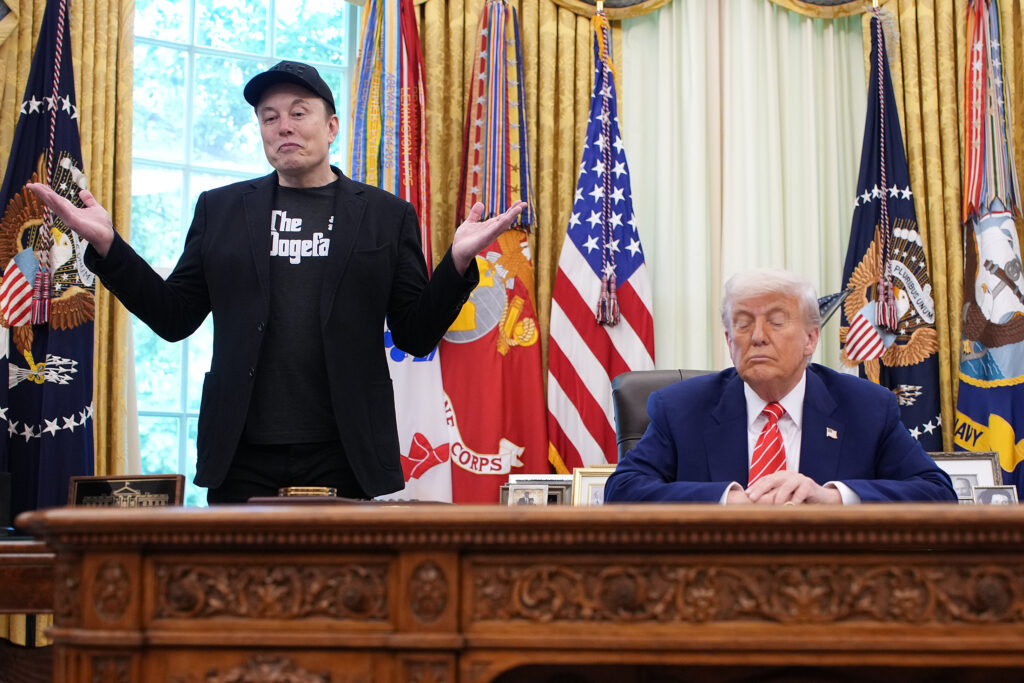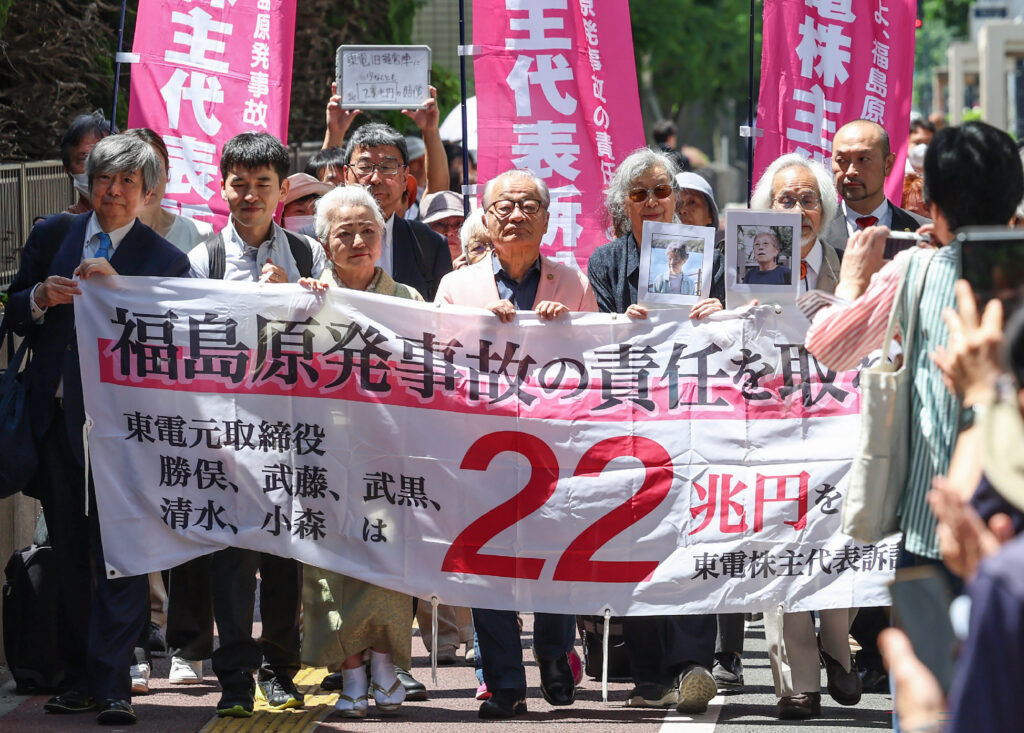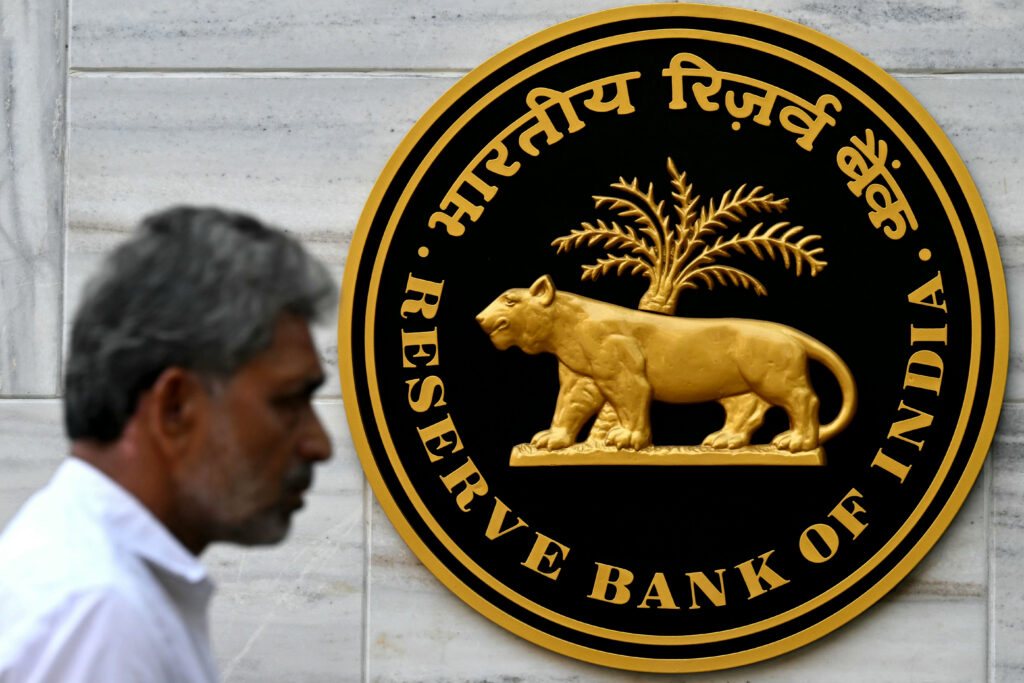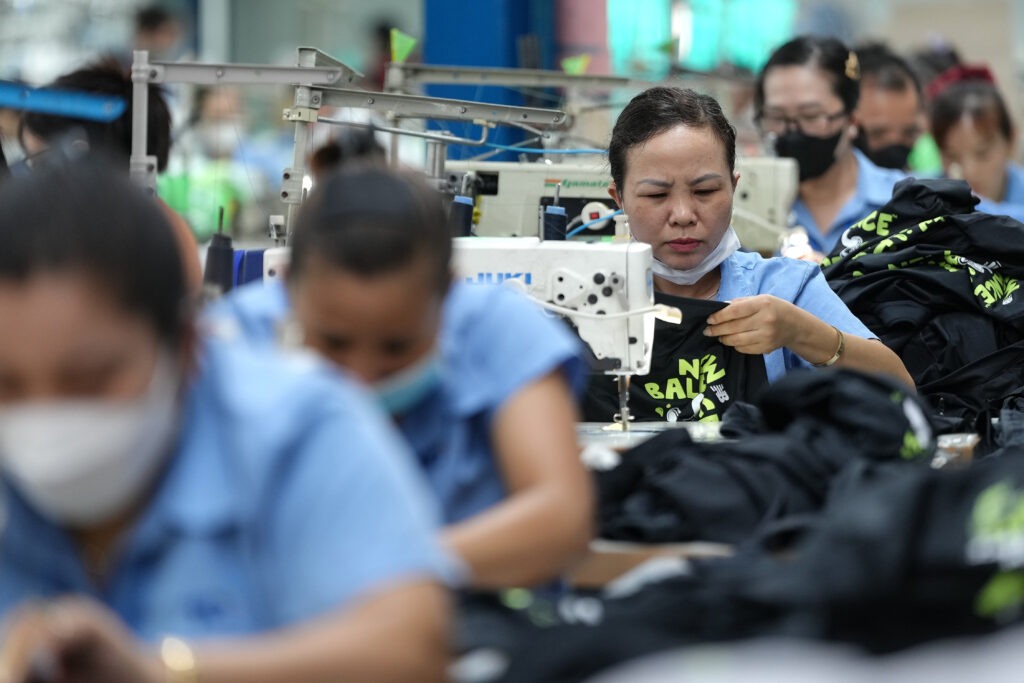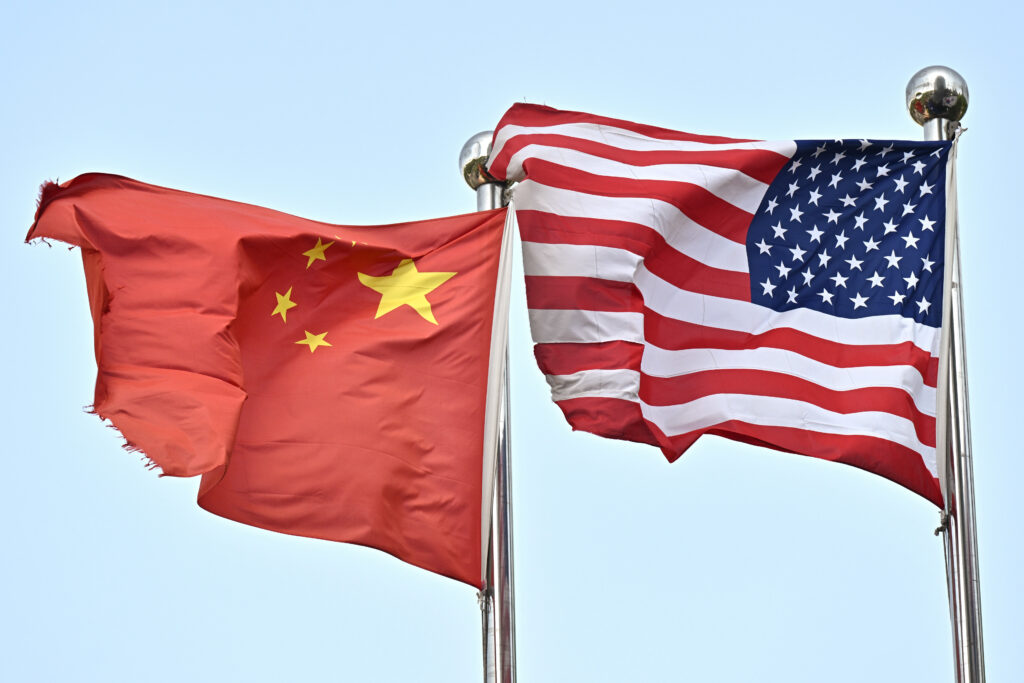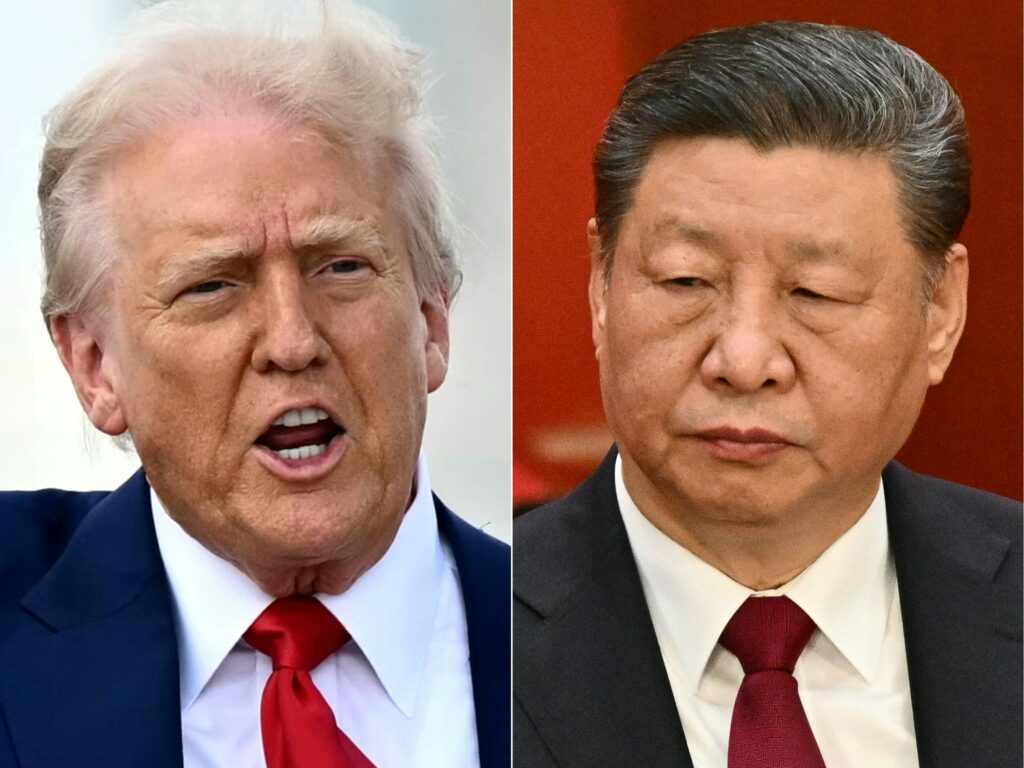Markets wobble as Trump-Xi talks offset by Musk row
Markets stuttered on Friday as optimism from “very positive” talks between presidents Donald Trump and Xi Jinping was wiped out by the stunning public row between the US leader and Elon Musk.The much-anticipated discussions between the heads of the world’s biggest economies fuelled hopes for an easing of tensions following Trump’s “Liberation Day” global tariff blitz that targeted Beijing particularly hard.However, investors remained wary after an extraordinary social media row between Trump and billionaire former aide Musk that saw the two trade insults and threats and sent Wall Street into the red.Wall Street’s three main indexes ended down as Musk’s electric vehicle company Tesla tanked more than 14 percent and the president threatened his multibillion-dollar government contracts.Asian equities fluctuated in early business, with some observers suggesting traders were positioning for what could be a volatile start to next week in light of the row and upcoming US jobs data.Hong Kong dropped after three days of strong gains, while Sydney, Wellington, Taipei and Bangkok also retreated.Mumbai led gainers after the Reserve Bank of India slashed interest rates more than expected.Tokyo and Singapore rose, while Shanghai was also marginally higher.London rose in the morning but Paris and Frankfurt fell. US futures were stronger. Chris Weston at Pepperstone said that while the call with Xi was “seen as a step in the right direction, (it) proved to offer nothing tangible for traders to work with and attention has quickly pushed back to the Trump-Musk war of words”.”It’s all about US nonfarm payrolls from here and is an obvious risk that Asia-based traders need to consider pre-positioning for,” he said.Weston said there was a risk of Trump sparking market-moving headlines over the weekend given that he is “now fired up and the risk of him saying something through the weekend that moves markets on the Monday open is elevated”. The US jobs figures, which are due later Friday, will be closely followed after a below-par reading on private hiring this week raised worries about the labour market and the outlook for the world’s top economy.They come amid bets that the Federal Reserve is preparing to resume cutting interest rates from September, even as economists warn that Trump’s tariffs could reignite inflation.Stephen Innes at SPI Asset Management warned that while poor jobs figures could signal further weakness in the economy, a strong reading could deal a blow to the market.”In this upside-down market regime, strength can be weakness. A hotter-than-expected (figure) could force traders to price out Fed cuts. That’s the paradox in play — where good news on Main Street turns into bad news on Wall Street.”- Key figures at around 0810 GMT -Tokyo – Nikkei 225: UP 0.5 percent at 37,741.61 (close)Hong Kong – Hang Seng Index: DOWN 0.5 percent at 23,792.54 (close)Shanghai – Composite: FLAT at 3,385.36 (close)London – FTSE 100: UP 0.2 percent at 8,831.21Euro/dollar: DOWN at $1.1425 from $1.1444 on ThursdayPound/dollar: DOWN at $1.3544 from $1.3571Dollar/yen: UP at 143.88 yen from 143.58 yenEuro/pound: UP at 84.35 pence from 84.31 penceWest Texas Intermediate: DOWN 0.8 percent at $62.88 per barrelBrent North Sea Crude: DOWN 0.7 percent at $64.88 per barrelNew York – Dow: DOWN 0.3 percent at 42,319.74 (close)
